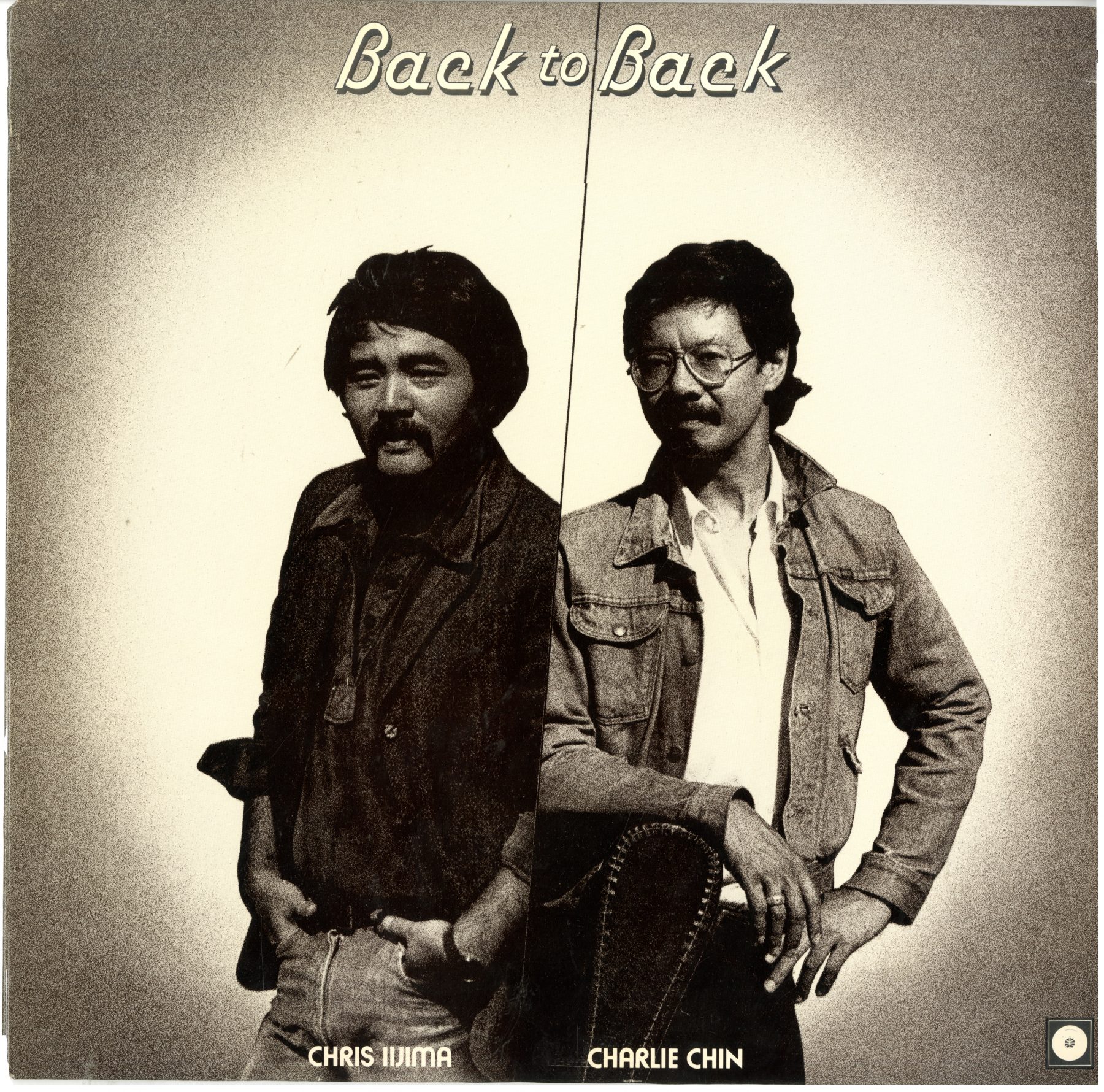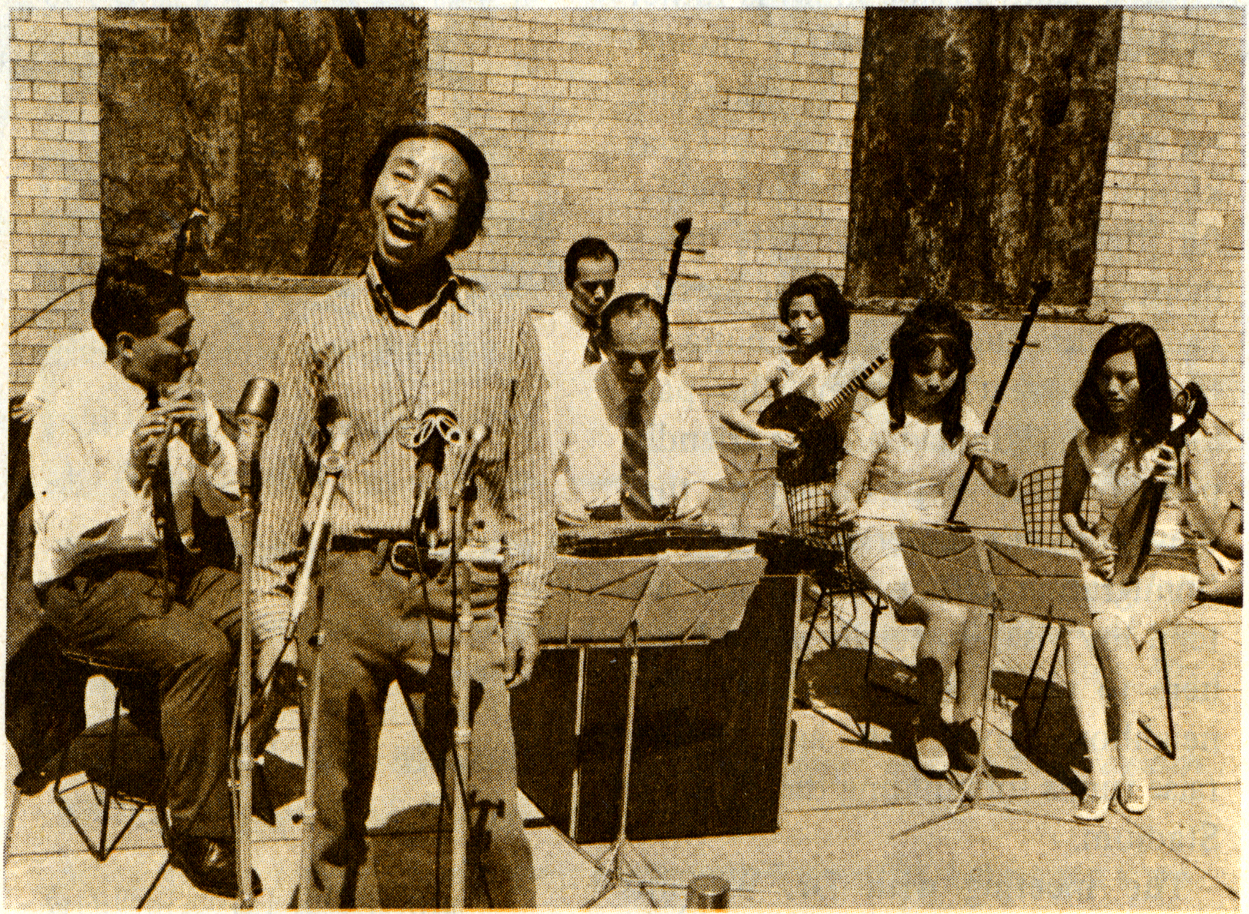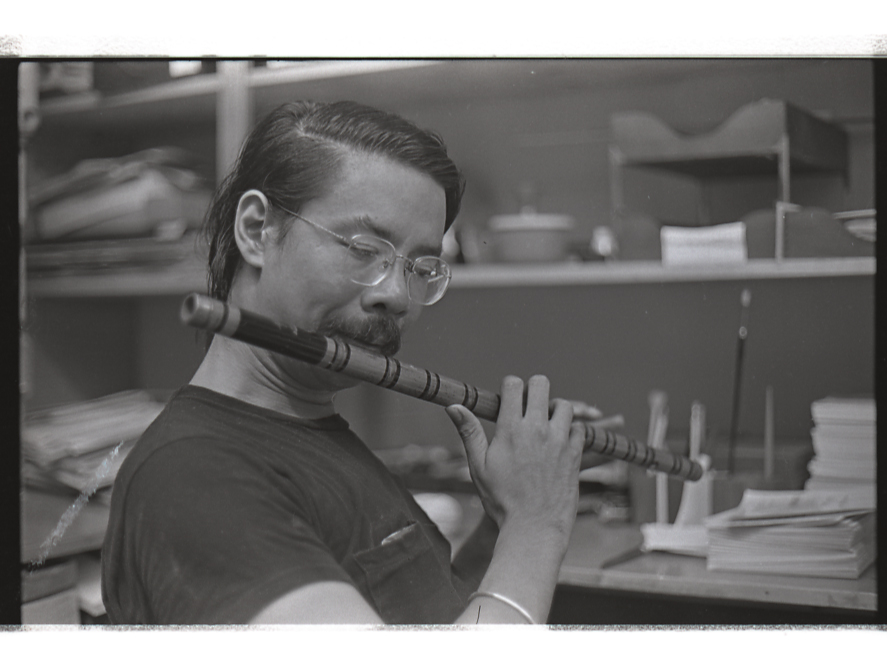Collections馆藏Collections馆藏Collections馆藏Collections馆藏Collections馆藏Collections馆藏Collections馆藏Collections馆藏Collections馆藏Collections馆藏Collections馆藏Collections馆藏Collections馆藏Collections馆藏Collections馆藏Collections馆藏Collections馆藏Collections馆藏Collections馆藏Collections馆藏Collections馆藏Collections馆藏Collections馆藏Collections馆藏Collections馆藏Collections馆藏Collections馆藏Collections馆藏Collections馆藏Collections馆藏Collections馆藏Collections馆藏Collections馆藏Collections馆藏Collections馆藏Collections馆藏Collections馆藏Collections馆藏Collections馆藏Collections馆藏Collections馆藏Collections馆藏Collections馆藏Collections馆藏Collections馆藏Collections馆藏Collections馆藏Collections馆藏Collections馆藏Collections馆藏Collections馆藏Collections馆藏Collections馆藏Collections馆藏Collections馆藏Collections馆藏Collections馆藏Collections馆藏Collections馆藏Collections馆藏Collections馆藏Collections馆藏Collections馆藏Collections馆藏

21 May 2019 Posted.
Chris Iijima & Charlie Chin on the Cover of Album Back to Back, Courtesy of Henry Chu, Museum of Chinese in America (MOCA) Collection.
克里斯·饭岛和陈建文在专辑《背靠背》封面上,Henry Chu捐赠,美国华人博物馆(MOCA)馆藏
Chris Iijima, a lawyer, educator, legal scholar and musician was born in 1948 in New York City. In the late 60s he became involved in Asian American activism; co-founding the civil rights organization Asian Americans for Action. Along with Charlie Chin and Joanna Nobuko Miyamoto, he founded the band Yellow Pearl, which recorded the album “A Grain of sand: Music for the struggle of Asians in America” in 1973. He would reunite with Charlie Chin in 1982 to record a new album titled “Back to Back,” which was also an exploration into being Asian in America.
Iijima would go onto to receive a Juris Doctor degree from New York Law School in 1988. He would serve as a faculty member at New York University School of Law, Western New England College School of Law, and the William S. Richardson School of Law at the University of Hawai’i at Manoa. He continued to write articles about the discrimination of Asian Americans and other racial groups until his death in 2005 at the age of 57 due to a rare blood disease.


